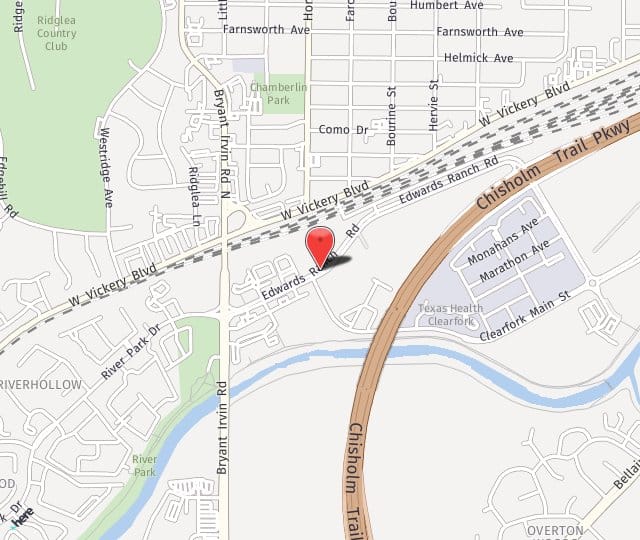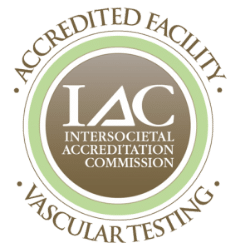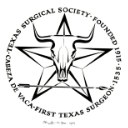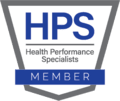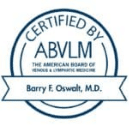The driving force for recommending use of anti-cholesterol medications (“statins”) is that if a certain group of patients take these drugs over several years, statins can reduce the risk of heart attack, stroke and death. These particular patients have already had at least one cardiovascular diagnosis or event after which the medication is prescribed. The medicine works on the diseased arteries by preventing them from becoming worse. There are also patients who have diabetes, or high blood cholesterol or multiple other risks for stroke or heart attack who benefit from statins even though they have not had one of these severe events. The benefit of statins here is that if taken over at least 5 years, the risks of a first heart attack or stroke and death are diminished.
Statin medications can benefit patients with peripheral artery disease (PAD), a condition where the arteries of the legs can be clogged with cholesterol plaque. PAD typically presents as leg cramping or tightness which limits walking and is more common in patients with diabetes and people who smoke. Patients with PAD may benefit from statins to stabilize their plaque and reduce the risk of heart attack or stroke.
Statins do not work directly on veins. The same disease process of blood vessel narrowing in arteries does not occur in veins. However, blood clots still develop in veins for a variety of other reasons. Statins may assist the work of the blood thinner medications that are usually prescribed when a clot is detected in the vein. They also can help reduce the chance of a recurrent blood clot from forming after blood thinners are stopped. However, it seems statins are no better than taking a daily baby aspirin (81mg) in preventing a second blood clot from forming in a vein and therefore, daily aspirin is prescribed for at least a year after the patient completes the initial blood thinner therapy.
In summary, anti-cholesterol medications primarily work on arteries and their benefit is to prevent stroke and heart attack. They can stabilize the circulation in the legs in patients with PAD, but they provide minimal benefit to patients with vein disease. An experienced surgeon can help determine if a statin is beneficial to your health.
Schedule an appointment with Surgeon Dr. Barry Oswalt for expert vein care. During your initial consultation, Dr. Oswalt will take the time to help you understand the underlying cause of your discomfort, explain your treatment options, and then guide you through every step of your procedure and recovery.
Call our office today at (817) 536-9600, you’ll be glad you did!


